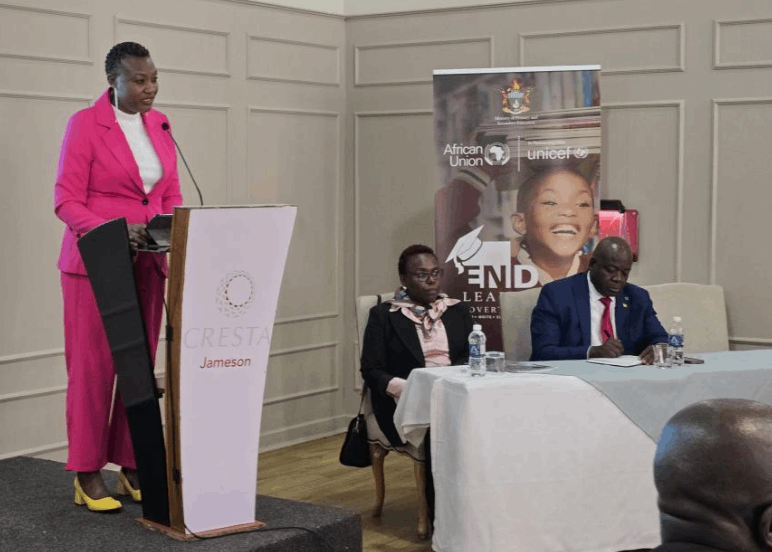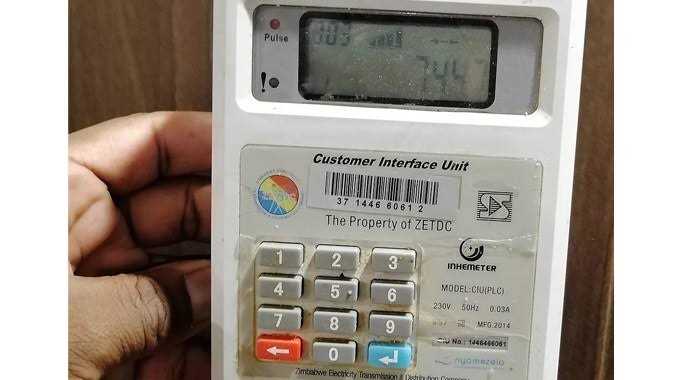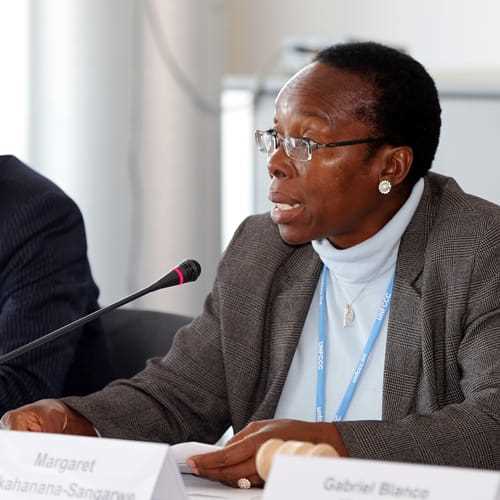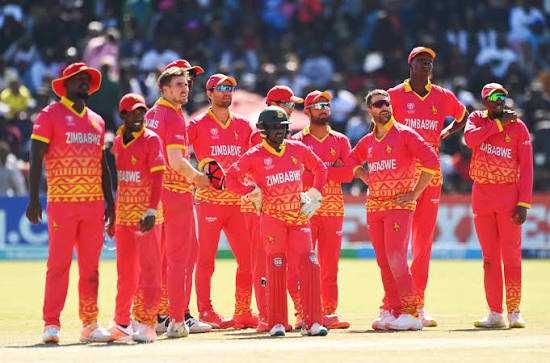
ZimNow Reporter
Zimbabwe has officially launched the End Learning Poverty for All in Africa Campaign, becoming the third African nation after Zambia and Malawi to join this continental initiative. The campaign, spearheaded by the African Union in partnership with UNICEF, seeks to ensure every child in Africa acquires foundational literacy and numeracy skills by 2035.
Under the theme “Read, Write, Count Foundation4Life,” the campaign was officially inaugurated at an event attended by government officials, AU representatives, UNICEF delegates, educators, and civil society leaders.
UNICEF Zimbabwe Representative Etona Ekole highlighted the urgency of addressing learning gaps.
“While Zimbabwe has strong literacy rates, we cannot ignore the alarming number of non-readers in schools. Foundational learning must be a priority to secure a brighter future,” said Ekole.
Zimbabwe’s Minister of Primary and Secondary Education, Torerayi Moyo, emphasized the campaign’s broader impact:
“Accelerating foundational learning is not just an education reform—it’s an economic imperative, a social justice issue, and a moral responsibility. We must empower every child with the skills to thrive.”
The initiative aligns with the Continental Education Strategy for Africa 2016-2035 and Sustainable Development Goal 4, aiming to tackle Africa’s persistent learning crisis.
Despite rising school enrollment rates, many African children still struggle with basic reading and math skills. In Zimbabwe, while the country boasts high literacy rates, recent assessments reveal concerning gaps—nearly half of Grade 7 students fail national exams, and only 33.7% pass O-Levels, signaling an urgent need for foundational learning reforms.
Related Stories
Ms. Sophia Ashipala, Head of Education for the AU’s Education, Science, Technology, and Innovation Division, praised Zimbabwe’s commitment, saying, “This is more than a campaign—it’s a movement for equity and justice in education. Zimbabwe is leading by example to ensure no child is left behind.”
The ELPAf initiative focuses on:
✔ Improving literacy and numeracy for children under 10
✔ Enhancing teacher training, especially in rural areas
✔ Mobilizing political and financial support for education
✔ Engaging communities to drive grassroots change
The first phase will roll out in 25 African countries over the next two years, leveraging policy dialogues, teacher workshops, and school competitions to boost learning outcomes.
Why This Matters for Zimbabwe and Africa
With Zimbabwe now part of this AU-led movement, the country is poised to strengthen its education system, reduce learning poverty, and ensure every child can read, write, and count—key skills for future success.
As the campaign gains momentum, stakeholders are calling for greater investment in education and community involvement to turn the tide on Africa’s learning crisis.




















Leave Comments